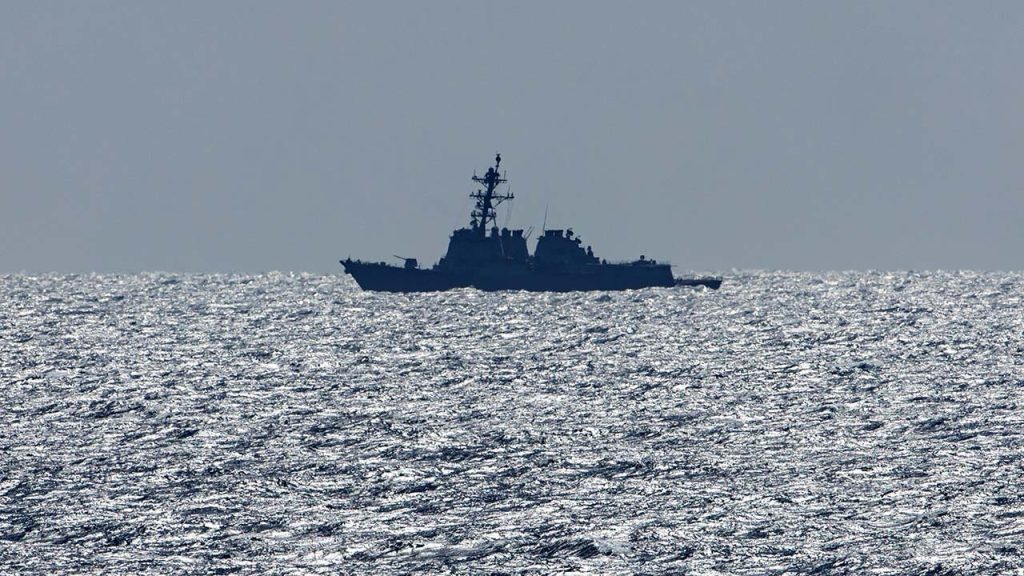Iranian-backed Houthi rebels in Yemen have launched two anti-ship ballistic missiles into the Red Sea in the past 24 hours, according to U.S. Central Command. The missiles were launched from Houthi-controlled Yemen, but there were no injuries or damage reported by U.S., coalition, or commercial ships. Central Command expressed concern over the continued aggressive behavior by the Iranian-backed Houthis, stating that it threatens regional stability and endangers the lives of mariners in the Red Sea and Gulf of Aden. This comes after Greek Shipping Minister Christos Stylianides noted a decline in attacks over the past week, attributing it to closer international cooperation between naval missions in the region.
The attacks by the Houthis in the Red Sea are seen as retaliatory measures for Israel’s ongoing conflict with Hamas in the Gaza strip. Since late October, the Houthis have targeted shipping vessels in the area, resulting in more than 50 attacks, three deaths, one seizure of a vessel, and the sinking of another, according to the U.S. Maritime Administration. To counter these attacks, the Pentagon launched Operation Prosperity Guardian in late December, an international mission aimed at addressing the threat posed by the Houthi rebels. This escalation of violence prompted joint British-U.S. airstrikes in Yemen over the weekend, which killed at least 16 people and wounded dozens more.
The increased aggressions by the Houthi rebels in Yemen have raised concerns about regional stability and the safety of maritime traffic in the Red Sea and Gulf of Aden. The involvement of Iranian-backed groups in these attacks further complicates the situation and highlights the broader geopolitical tensions in the region. The attacks have resulted in casualties and disruptions to shipping operations, prompting international efforts to address the threat posed by the Houthi rebels. The recent decline in attacks, attributed to closer naval cooperation in the region, underscores the importance of international collaboration in addressing maritime security threats.
The ongoing conflict between the Iranian-backed Houthi rebels and regional powers, such as Israel and Saudi Arabia, has fueled instability in Yemen and the broader Middle East. The attacks on shipping vessels in the Red Sea are just one aspect of this wider conflict, which has resulted in casualties and disruptions to maritime trade. The involvement of international actors, such as the U.S. and Britain, in addressing the threat posed by the Houthis highlights the global significance of the conflict and the need for coordinated efforts to mitigate its impact on regional stability. The recent airstrikes in Yemen targeting the Houthi rebels underscore the escalating tensions in the region and the need for a comprehensive approach to addressing the underlying causes of the conflict.
In light of the recent missile attacks by the Houthi rebels, there is growing concern about the potential for further escalations and the impact on regional security. The attacks on shipping vessels in the Red Sea not only endanger the lives of mariners but also disrupt maritime trade in a vital waterway connecting Europe, Asia, and Africa. The involvement of Iranian-backed groups in these attacks raises questions about Iran’s role in fueling conflicts in the region and the broader implications for international security. Efforts to address the threat posed by the Houthi rebels will require coordinated action by regional and international partners to ensure the safety of maritime traffic and promote stability in the Red Sea and Gulf of Aden.













